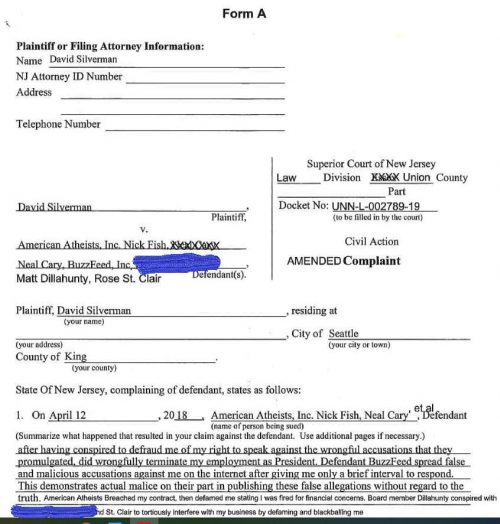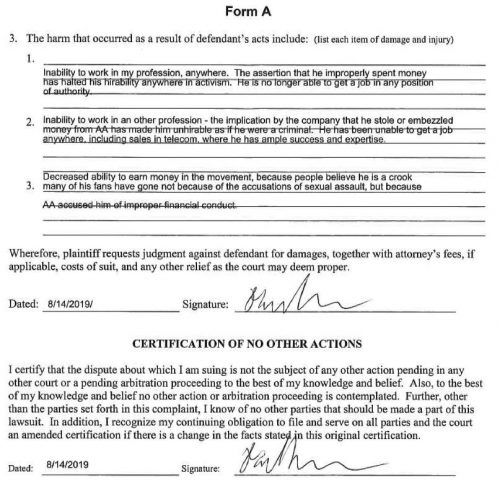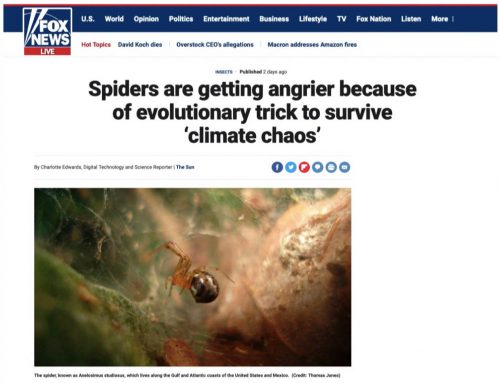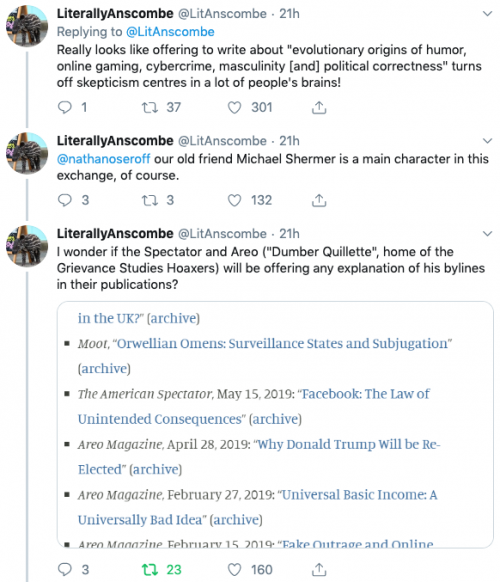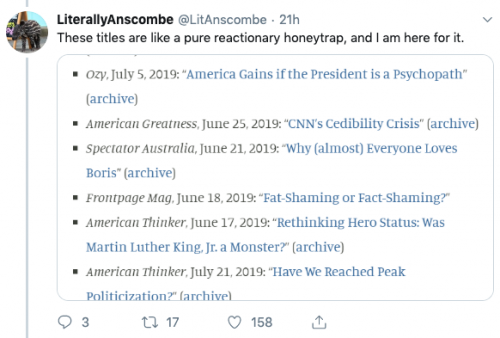I got an email ad from the Mary Sue shop. I am very disappointed in them, and think they should be ashamed. It was an ad for this:
Jesus fuck. Cupping “therapy”?
This Premium 32-Piece Massage Cupping Therapy Set by Onetify contains high-quality plastic cups that can be used to treat several various ailments. Aiding in moving static blood, relieving pain, lymph, and toxins that are present in the body, these premium cups promote relaxation and healing from injuries and improves digestion, blood circulation, and respiratory issues. These massage cups provide you natural relaxation and healing at the comfort of your home.
• Massage & improve the treatment of several different ailments
• Promote relaxation & healing from injuries
• Improve digestion, blood circulation, respiratory issues & carpal tunnel syndrome detoxifacation
• Relieve pain, lymph & toxins that are present in your bodyNote: The purpose of this unit is for relaxation and NOT for medical treatment of any kind. Please consult your doctor for medical advice, if needed
Madness. The first line says can be used to treat several various ailments
, and at the end it says NOT for medical treatment of any kind
. Make up your mind, you quacks. It’s for moving static blood
…what the hell? That’s an imaginary ailment. If you’ve got static blood
, cupping ain’t gonna help. I am also interested in the fact it relieves pain, lymph, and toxins
. Is lymph now considered a bad thing?
Just the fact that it mentions toxins
and detoxification
tells me it’s garbage.
I think I once bought a USB flash drive from them — it was a good deal — and now I’m on their bullshit mailing list. I’m beginning to wonder if that drive is at all trustworthy.
No, I’m not going to spend $44 on your crap pseudoscience, The Mary Sue. You should be ashamed.



